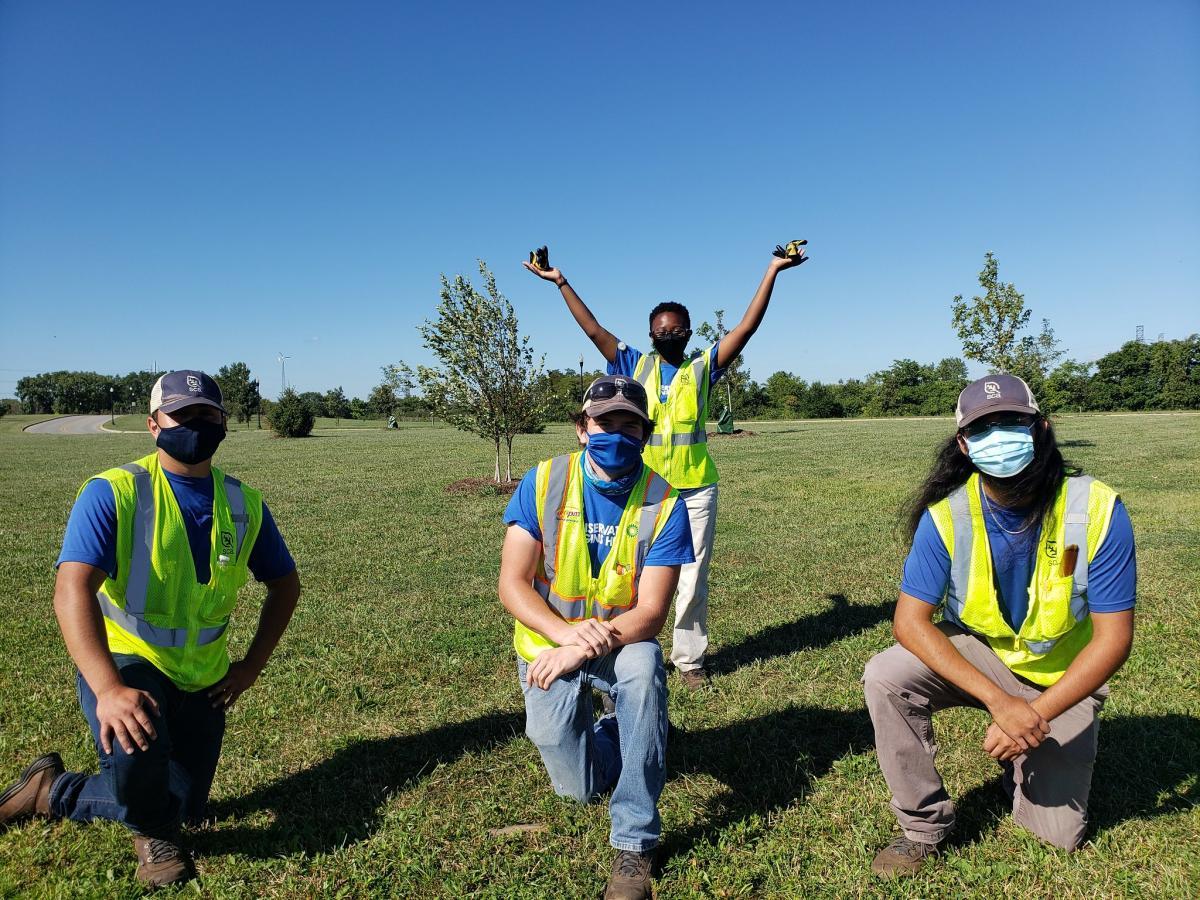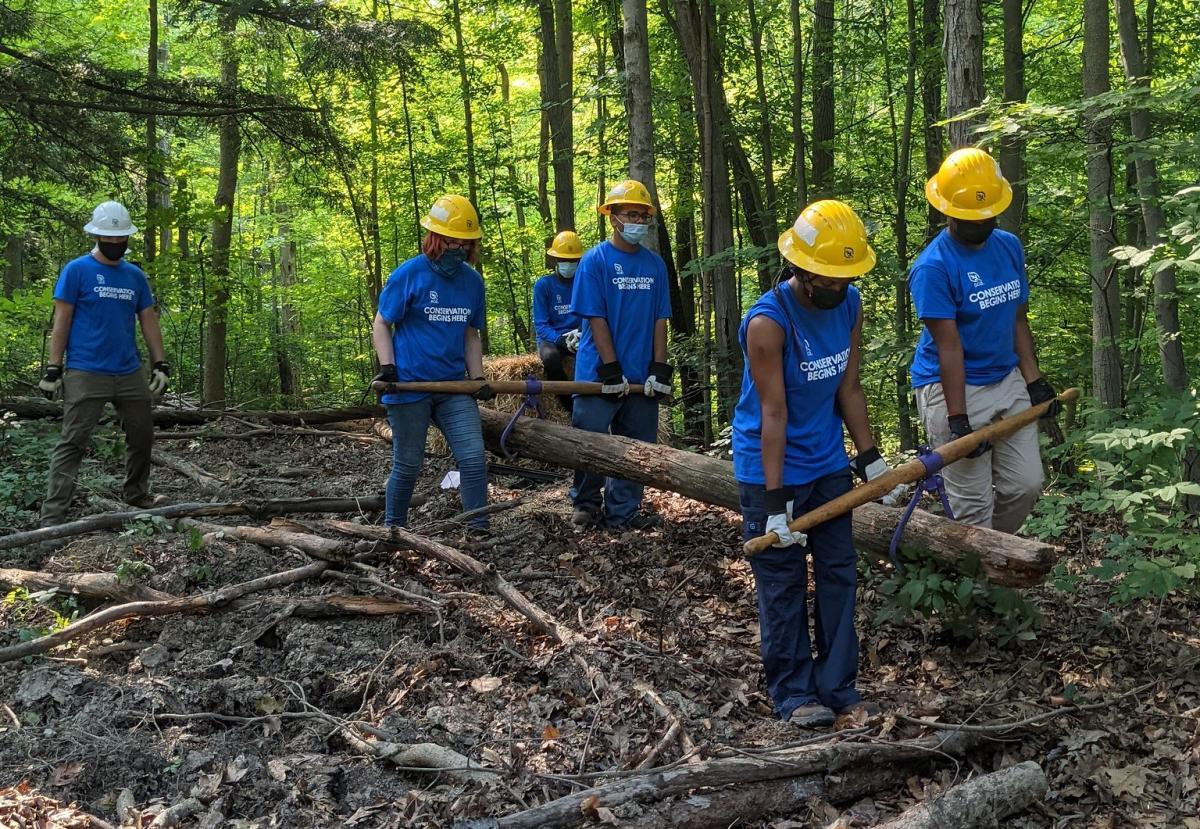Our approach to COVID-19 is informed by public health guidance and regulations, including from the CDC, OSHA, FDA, state, local authorities. Our policies and protocols are further informed by SCA site-partner requirements, position-specific requirements and volunteer or employee status. Our experienced Safety and Risk Management Department is supported by SCA’s medical advisor.
Mitigating the risks associated with COVID-19 is a shared responsibility between the SCA, our partner organizations and agencies, and the members participating in our programs. In providing the safest and most equitable position experiences we can, the SCA asks for mutual cooperation, collaboration, and communication among these groups to help protect members, staff, and the local communities in which we serve.


SCA members and staff are not required to provide proof of vaccination for any position, unless required by an SCA partner organization.
Arriving well rested, nourished, and hydrated is a key component to maintaining health during a new position’s start. SCA asks members and staff to self-monitor and disclose any COVID-19 symptoms during the 14-day period before traveling to or starting a new position. Members who have had recent close contact to someone with COVID-19 or present with COVID symptoms should delay travel to their program start. Members should be symptom free for 5 days before arriving or returning to service, or test negative.


While serving with the SCA and a member reports COVID symptoms, tests positive, or becomes in close contact with COVID-19, staff will enact the SCA’s response protocols. SCA follows current CDC and FDA guidelines, which include an isolation period, up to two tests taken 48 hours apart, and masking after returning to service. Additionally, groups may enact more strict masking protocols, such as masking in living or vehicle situations.